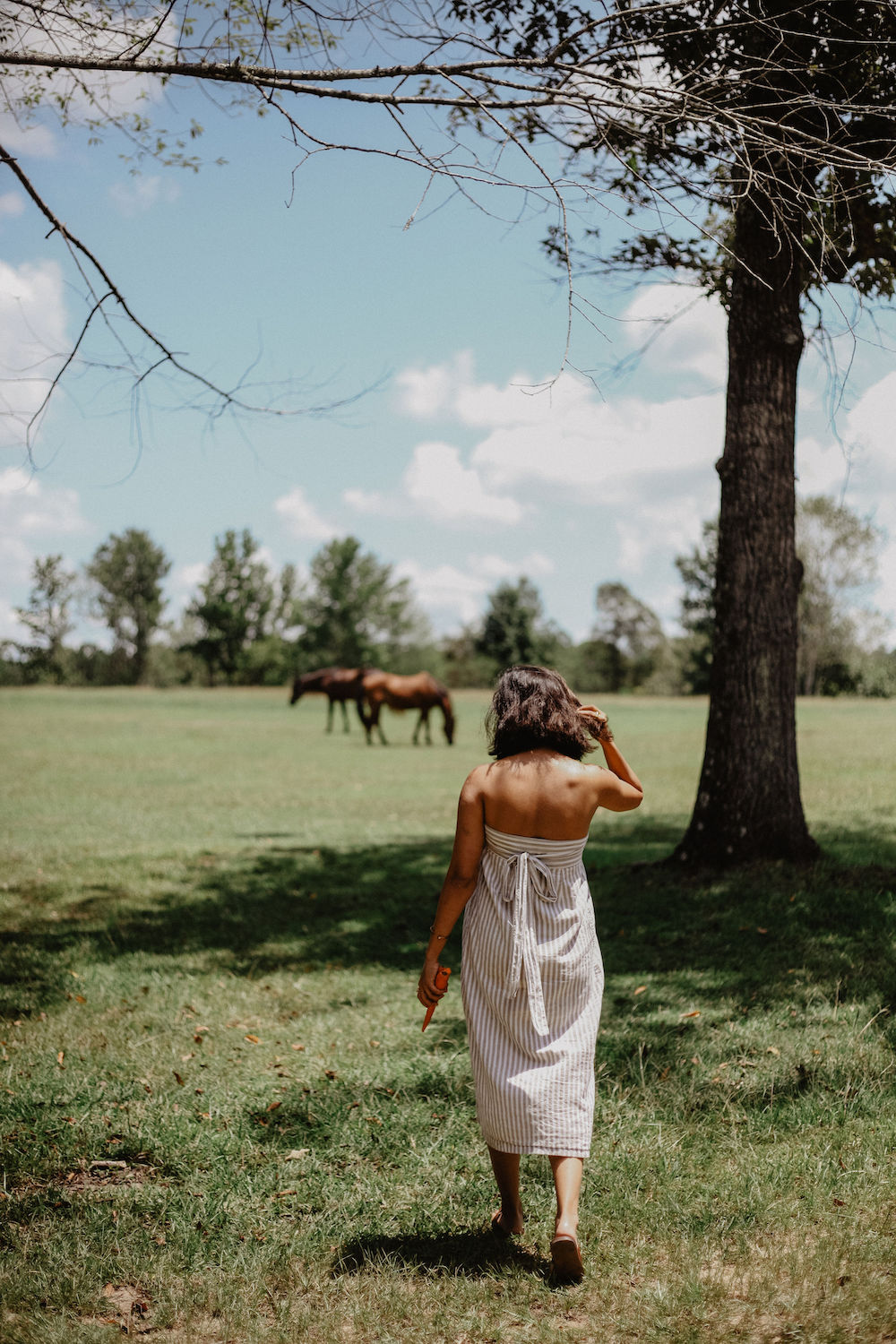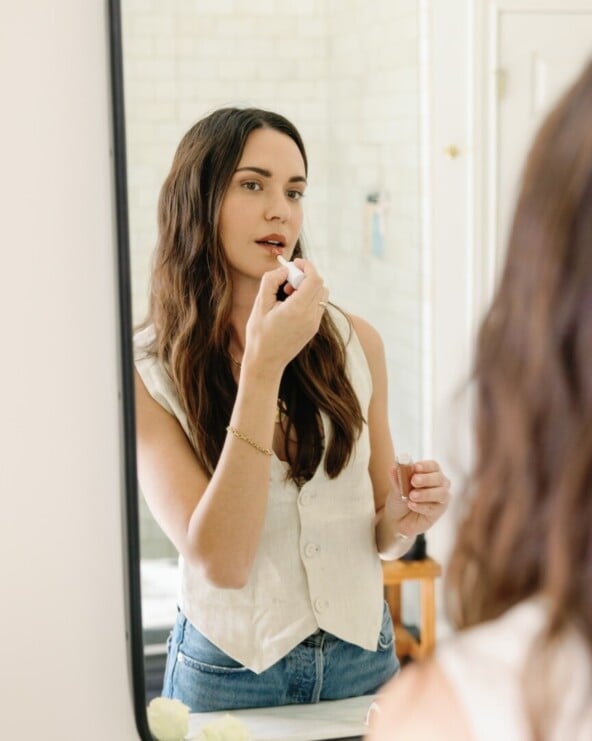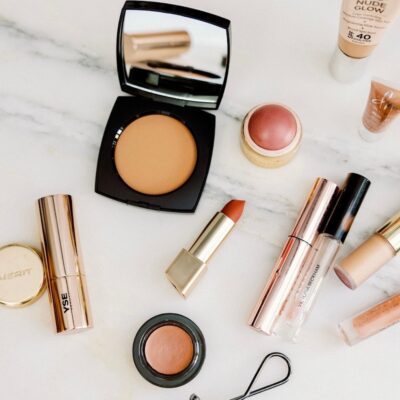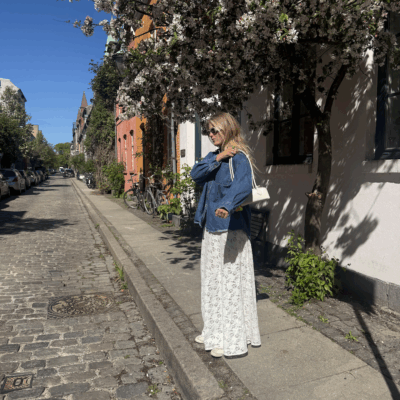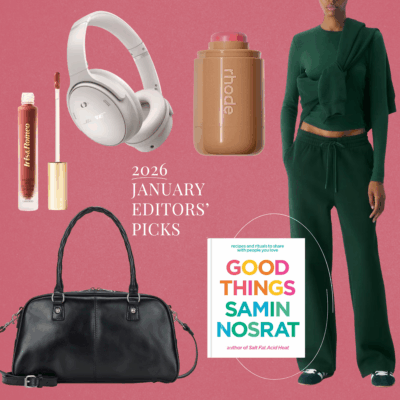There’s something wildly inspiring about seeing two cultures from different parts of the globe marry to create something entirely new. The foods, the decor, the people, all fueled by two backgrounds rooted so strong in history that instead of competing, they bolster one another. Case in point: the life and style of today’s subject, Trishala Bhansali. The modern fashion designer is endlessly influenced by her Indian heritage, and equally, her upbringing in New Orleans.
The result is a line called Lekha, designed in the American South, made in the East, and worn by women all over.
A slip into one of Trish’s breezy, effortless pieces and it all becomes clear — simplicity and quality are what she’s all about.
We wanted to know where that sensibility came from, so Trish invited us into her family’s Mississippi farmhouse to see where her background first merged firsthand. It’s bursting with charm and family history. The kind of place where we’d be perfectly content to leave our iPhones on a bedside table for the majority of the day without thought, only reaching for it to capture one quick shot of horses grazing in the fog for memory’s sake… ’cause is this even real life?
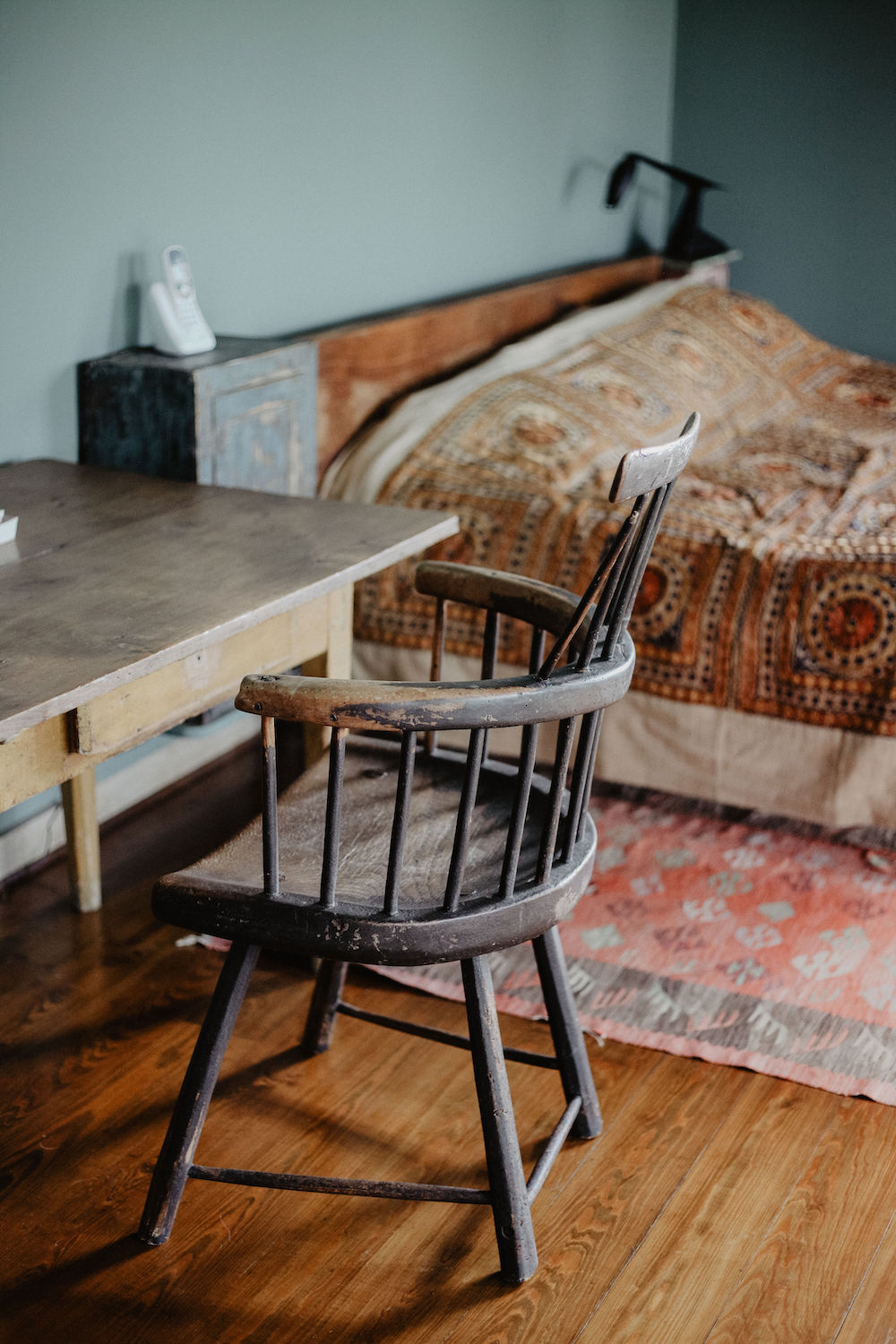
Tell us about Lekha.
I started Lekha in winter 2017, out of a desire to be more connected with both New Orleans and my Indian heritage. I began making my own clothing when I was about 13; my dad would take me to the fabric stalls of Mumbai, let me pick out whatever silks, linens, and cottons I liked, and we’d take the fabric to our family tailor who we’d work alongside to make our visions come to life! After about a decade in New York working in contemporary and luxury womenswear, I was looking for a way to be more rooted in New Orleans. It is such a supportive, encouraging, and creative place that it seemed natural to start something small here. During a “discovery” trip to India, my cousin introduced me to a women’s phulkari (traditional indian embroidery) cooperative that was doing beautiful work, and it kind of clicked for me.
How was the line inspired by your own personal style and fashion needs?
I’ve always been drawn to simplicity – both in design and daily routine. Lekha is a reflection of that: soft cottons in simple silhouettes that can be worn throughout the day. There is an ease to Lekha pieces, you don’t have to overthink them.
Below, 19th century portraits of the Scindias, Trish’s ancestors on her mothers side.
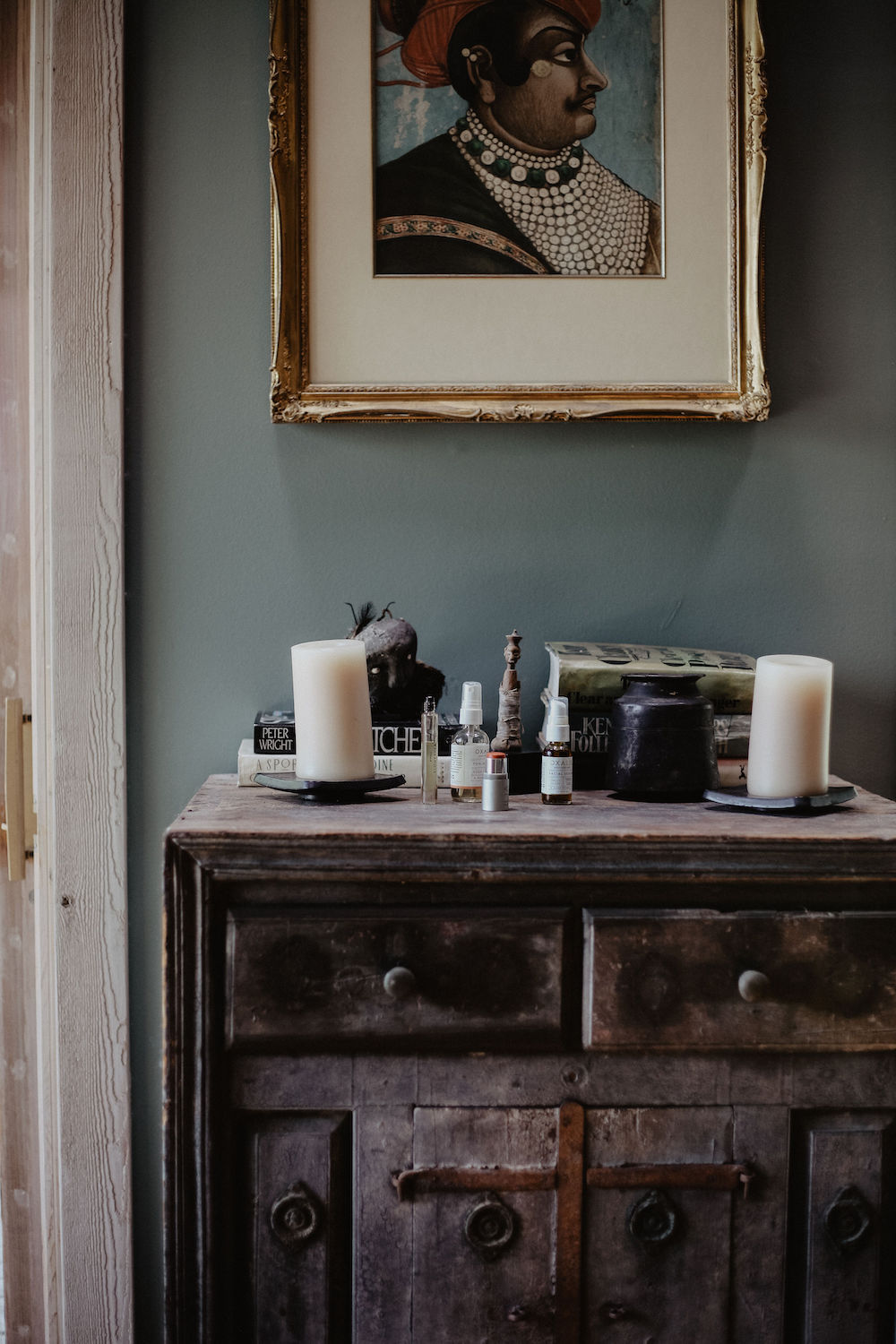
Simplicity. We could all use a little more of that in our lives. As far as your daily routine goes, what’s the very first thing you do when you wake up?
Look at my phone – it’s a horrible habit, but I communicate with India so frequently and their work-day is our middle-of-the-night.
And the beauty products could you not survive the mornings without?
Oxalis Rose + Neroli Mist, Byredo Flower Head Roll-on, Oxalis Facial Serum, and Ilia Cheek-to-Cheek.
What’s one word to describe your getting ready routine?
Easy
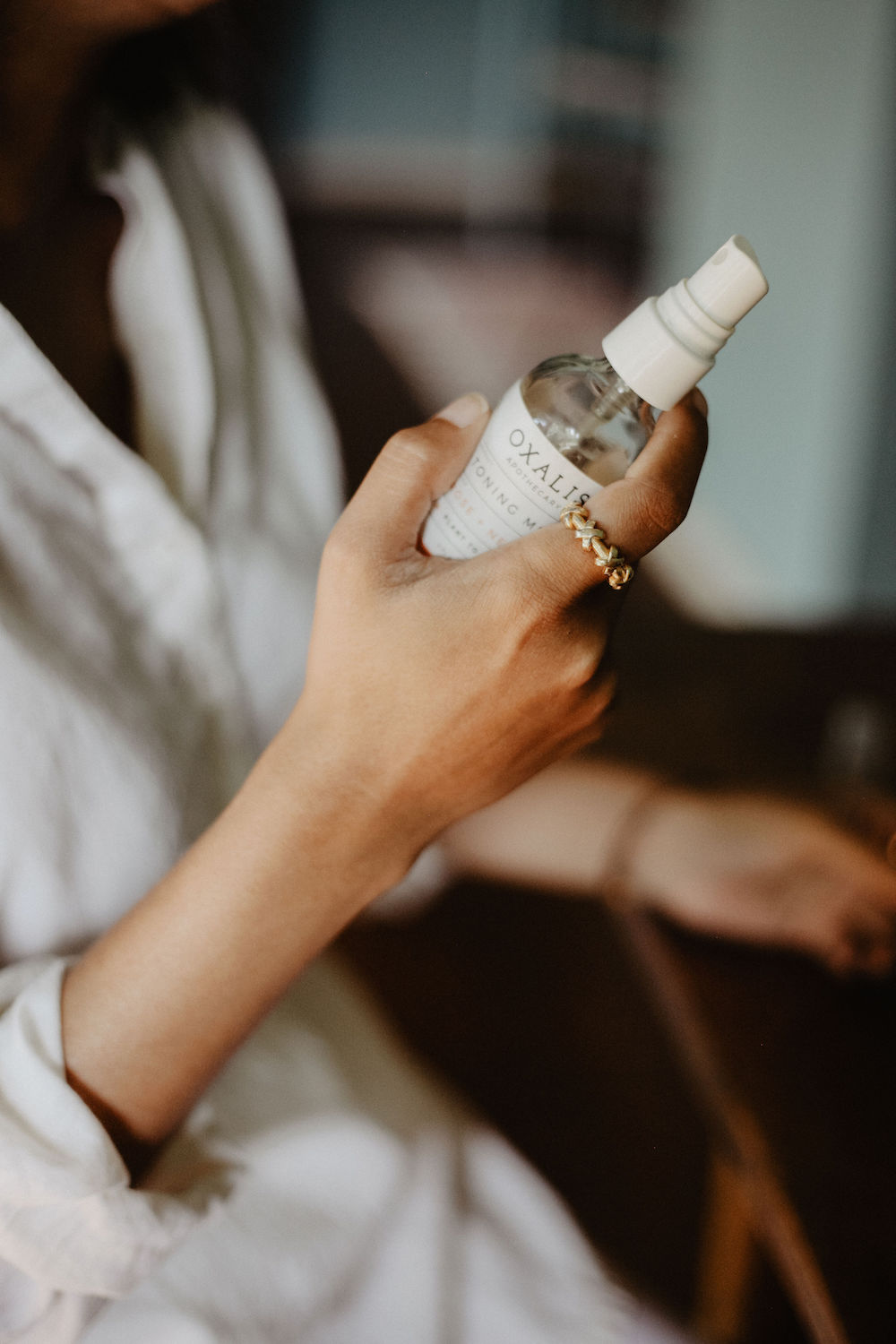
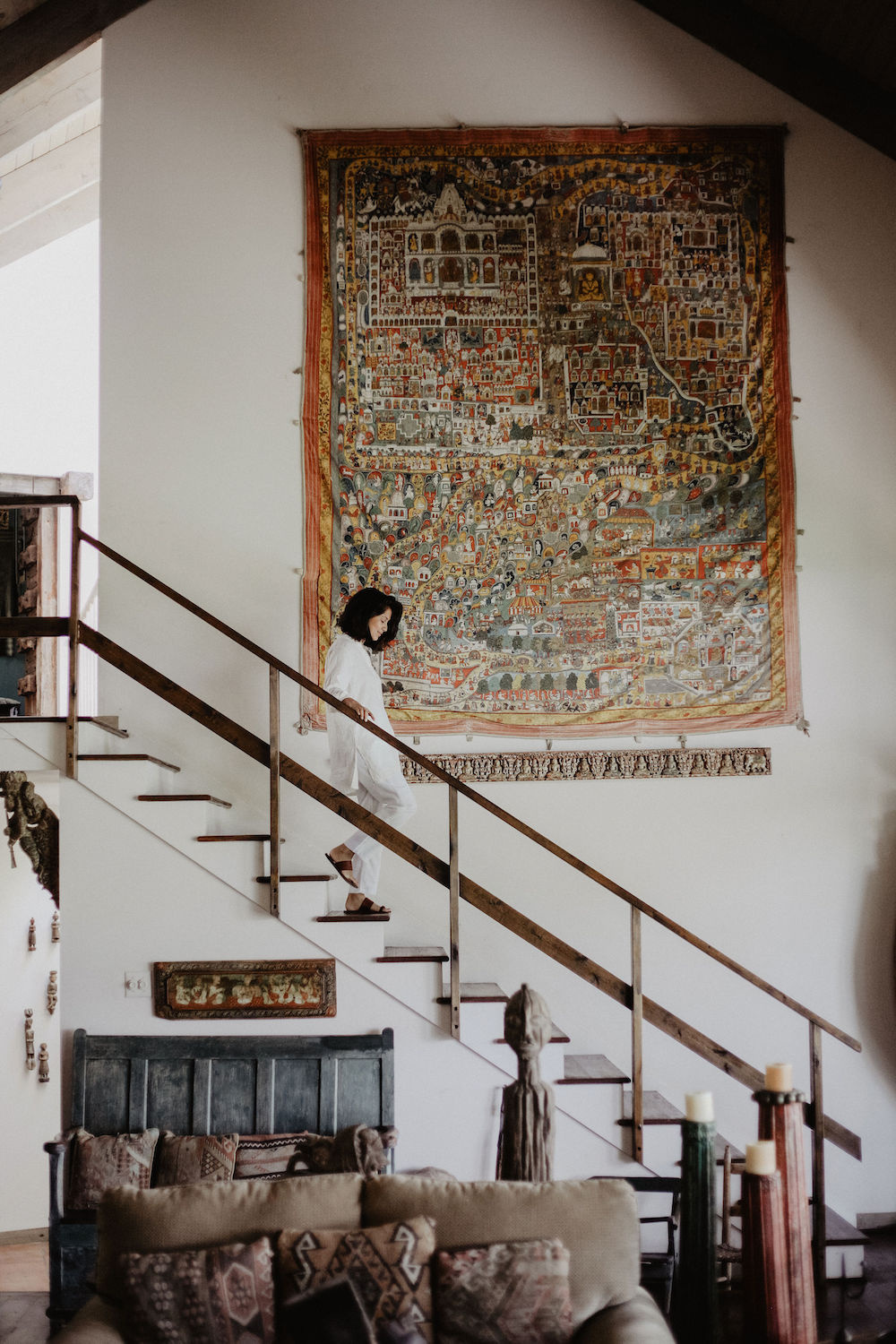
This place is stunning. Tell us about your beautiful farmhouse.
My parents call it Shivpuri Farm, named after the summer capital of the state of Gwalior in India, where my mother’s family used to rule. They bought the land in 1980 so they could have rolling terrain to ride their horses within a two hour drive of New Orleans. It was designed by architect Arthur Davis (fun fact, he was the architect that designed the Superdome), and was outfitted with different antiques and folk art finds from India and England. Over the years, pieces from different parts of the world, including from Louisiana, have made their way into the house of course! We spent every weekend there as kids. Now with all of the traveling I do, I try to come up whenever I can for some quiet time, and to ride my own horse. It’s the perfect blend of East-meets-West. That’s also why I decided to shoot every Lekha shoot to-date here: the interiors and facade have strong Indian elements. It is rustic, and it’s personal.
Above the staircase, 18th century tapestry “Jain Patha of Shatrunjay” illustrates the sacred pilgrimage of the Jain’s in Jainism (Trish’s father’s religion.) Below, masks from the 16-18th century from Himachal Pradesh and Kerala in India.
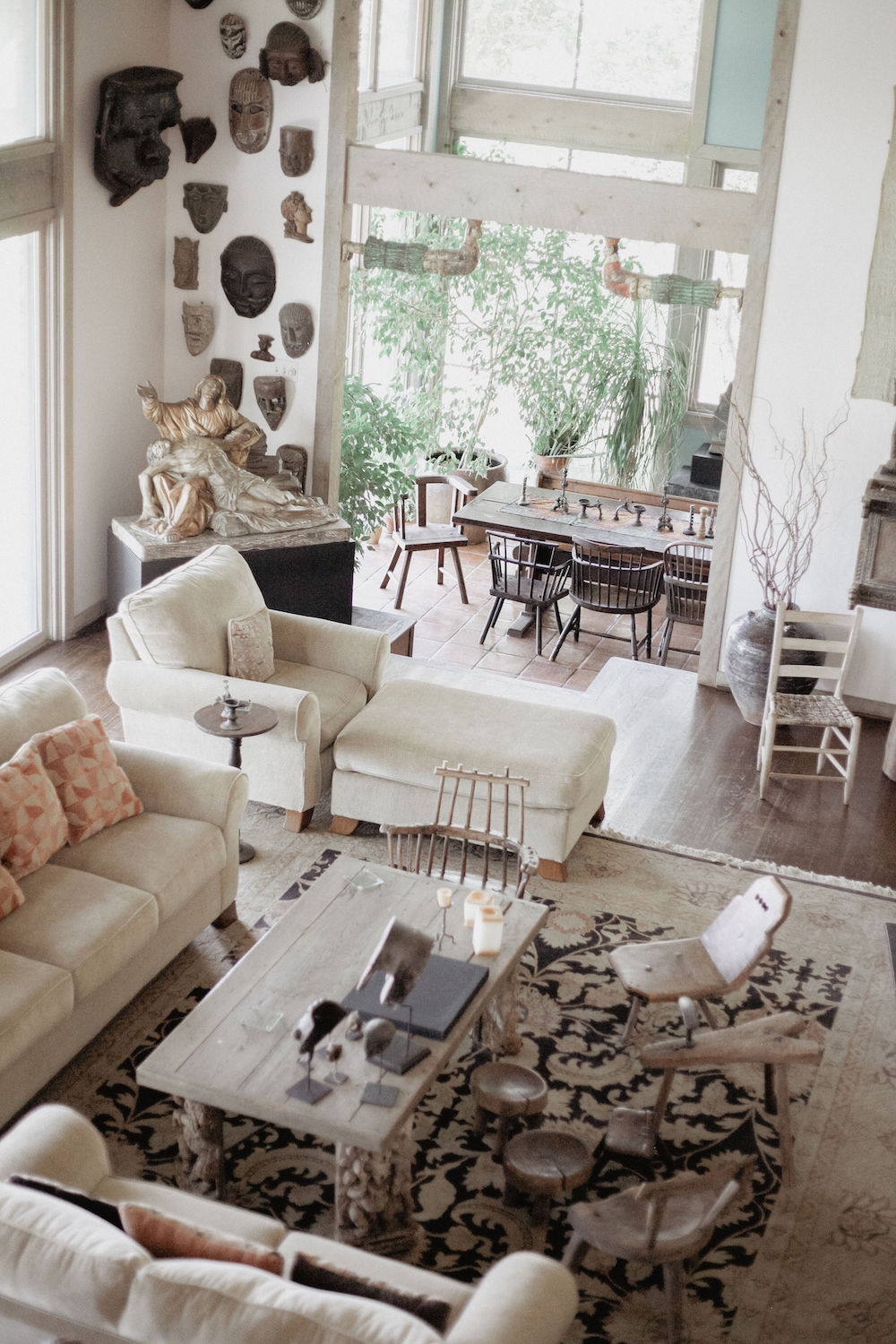
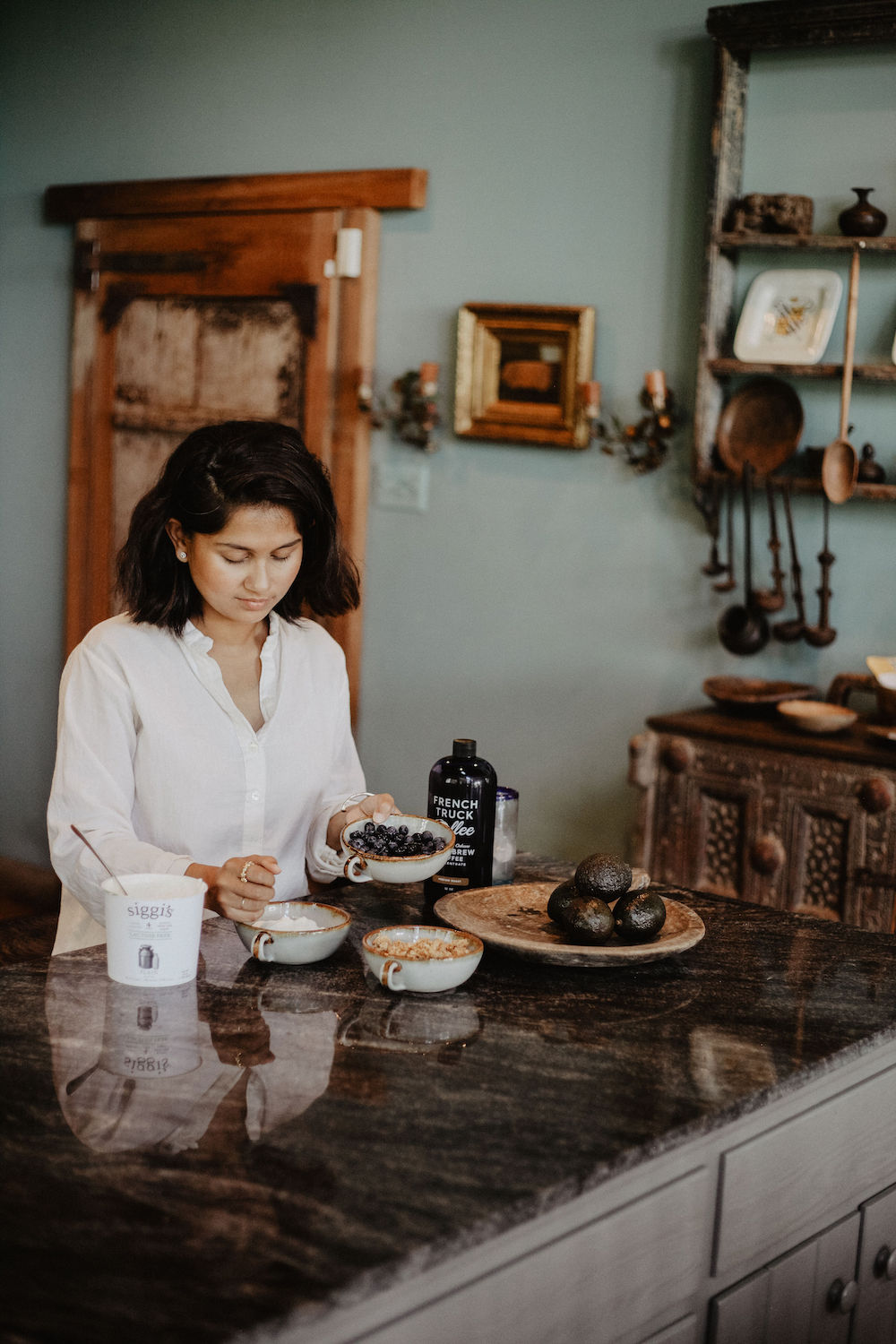
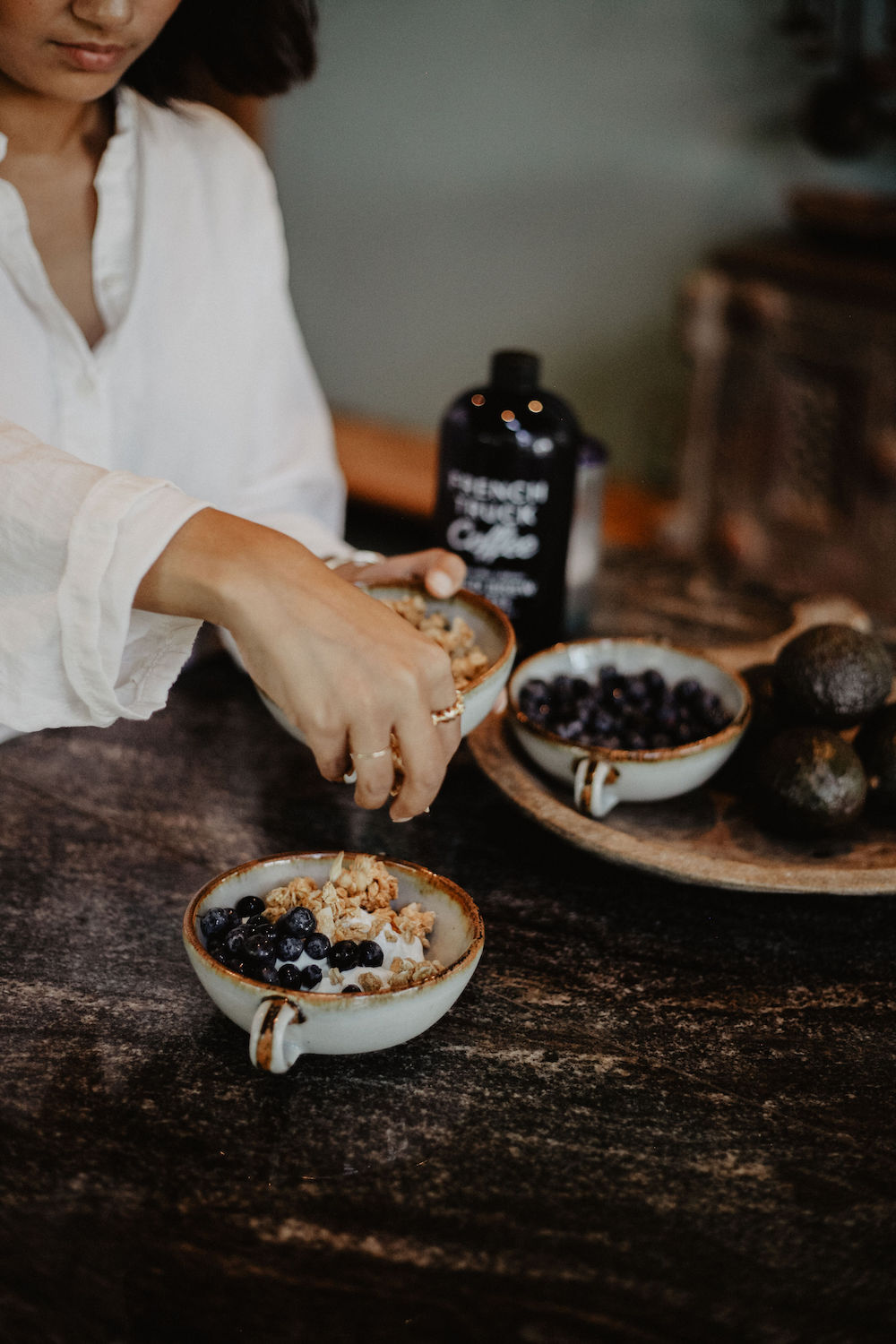
We’re imagining the quietest, most soulful mornings here are the farm. Tell us about your typical morning routine.
When I’m not in Poplarville or in India, mornings at home with my partner start with a walk for coffee to get moving, then he usually puts on some music, and we have a light breakfast and do some reading. We both travel a lot for work, so sometimes it’s hard for us to get this time together.
Mornings in Poplarville are amazing! The birds chirp, the horses are usually in the distance grazing, and during the fall and winter months there is rolling fog that sticks like glue to the landscape. It’s beautiful. I start with a cup of coffee – French Truck Cold Brew – and usually some toast on the deck. Then a walk or drive down to the stables to ride my horse.
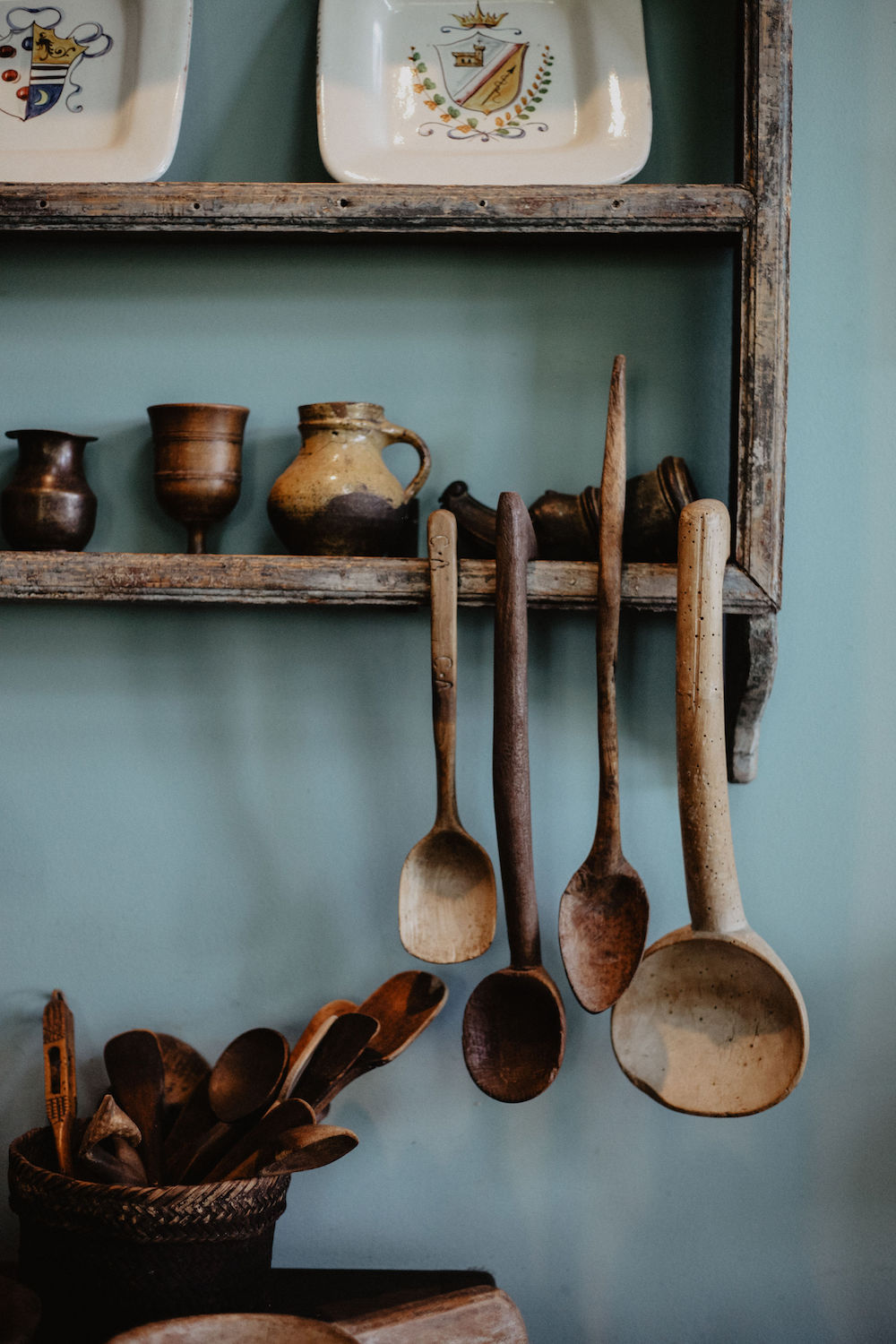
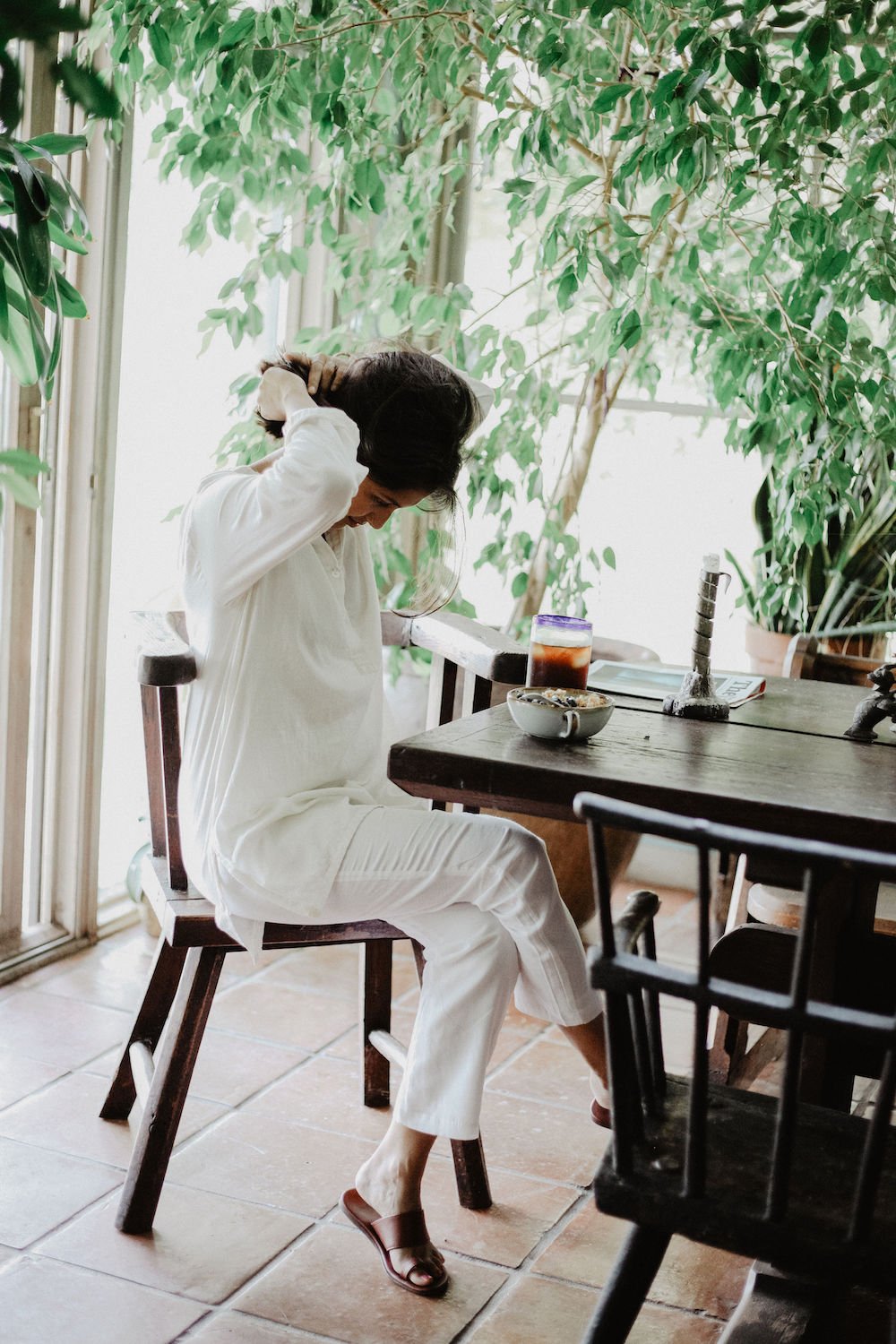
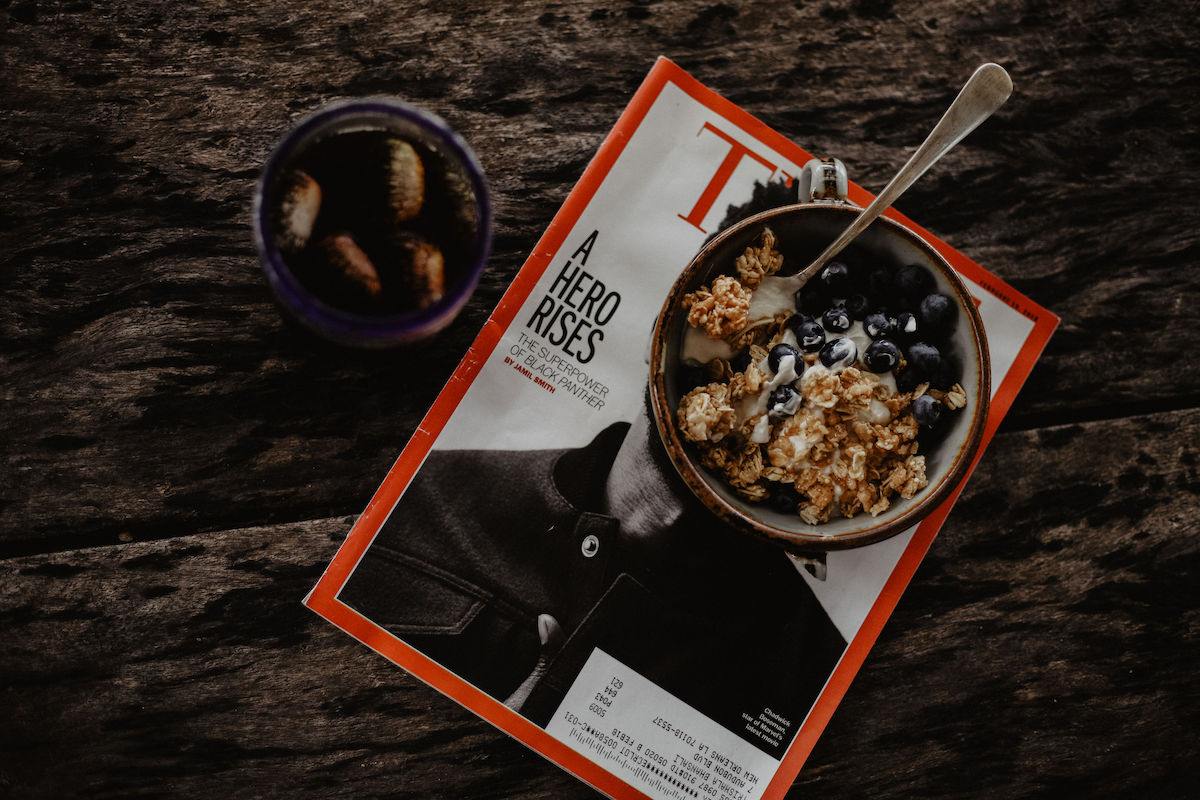
What does a typical breakfast look like for you?
Yogurt, granola, and blueberries is my go-to, partially because of the cleanup, but also because usually in the late morning I try to get a workout in. If I’m skipping a day, I’ll make a banana smoothie and/or some scrambled eggs.
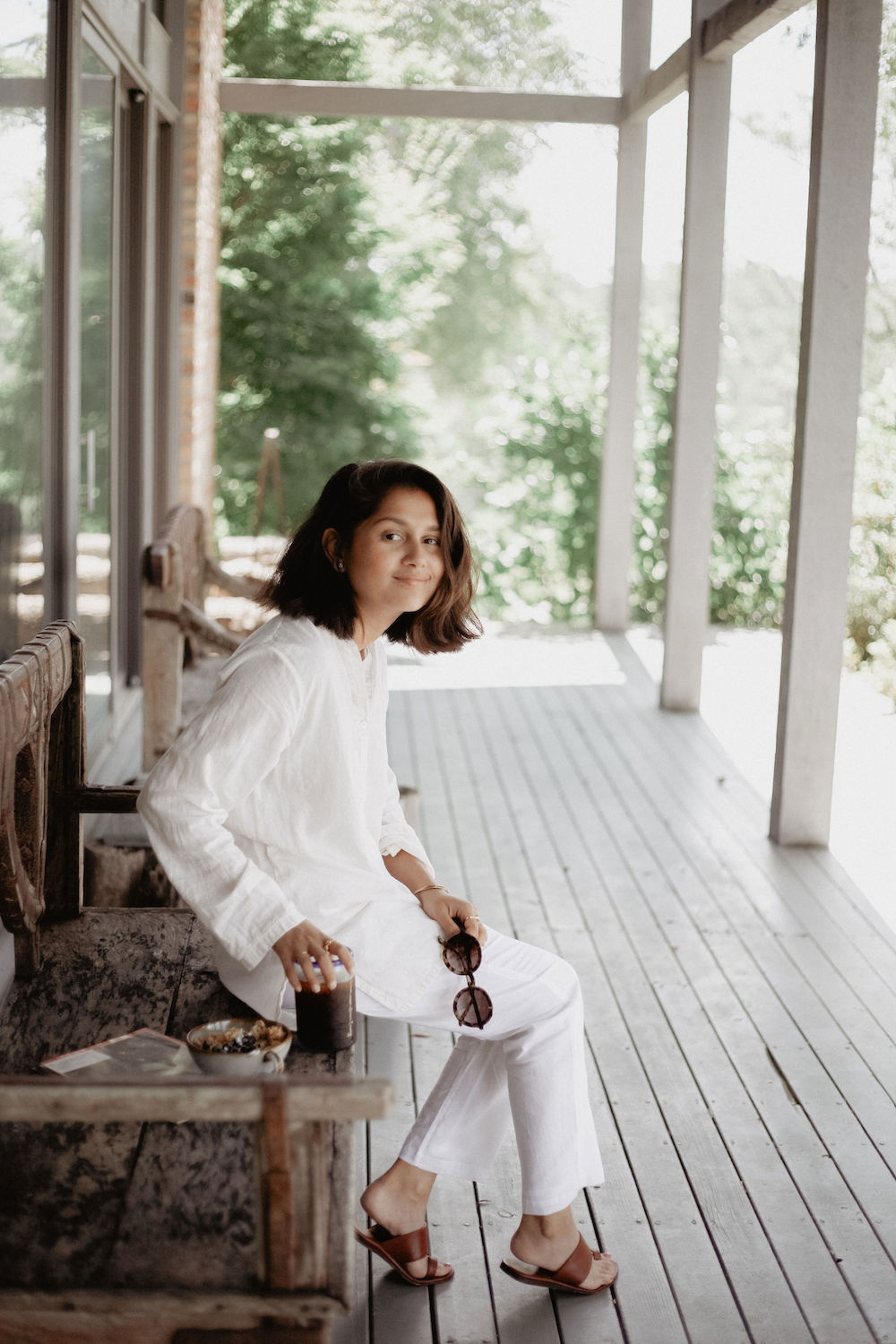
Your daily uniform:
White tee shirt, Lekha Kali Skirt, Lekha Phulkari Slides, Krewe sunglasses. Sometimes I sub in my Lekha Muslin Pants.
Below, 17th century doors from Gujarat from a Jain Temple have been incorporated into the custom built farmhouse.
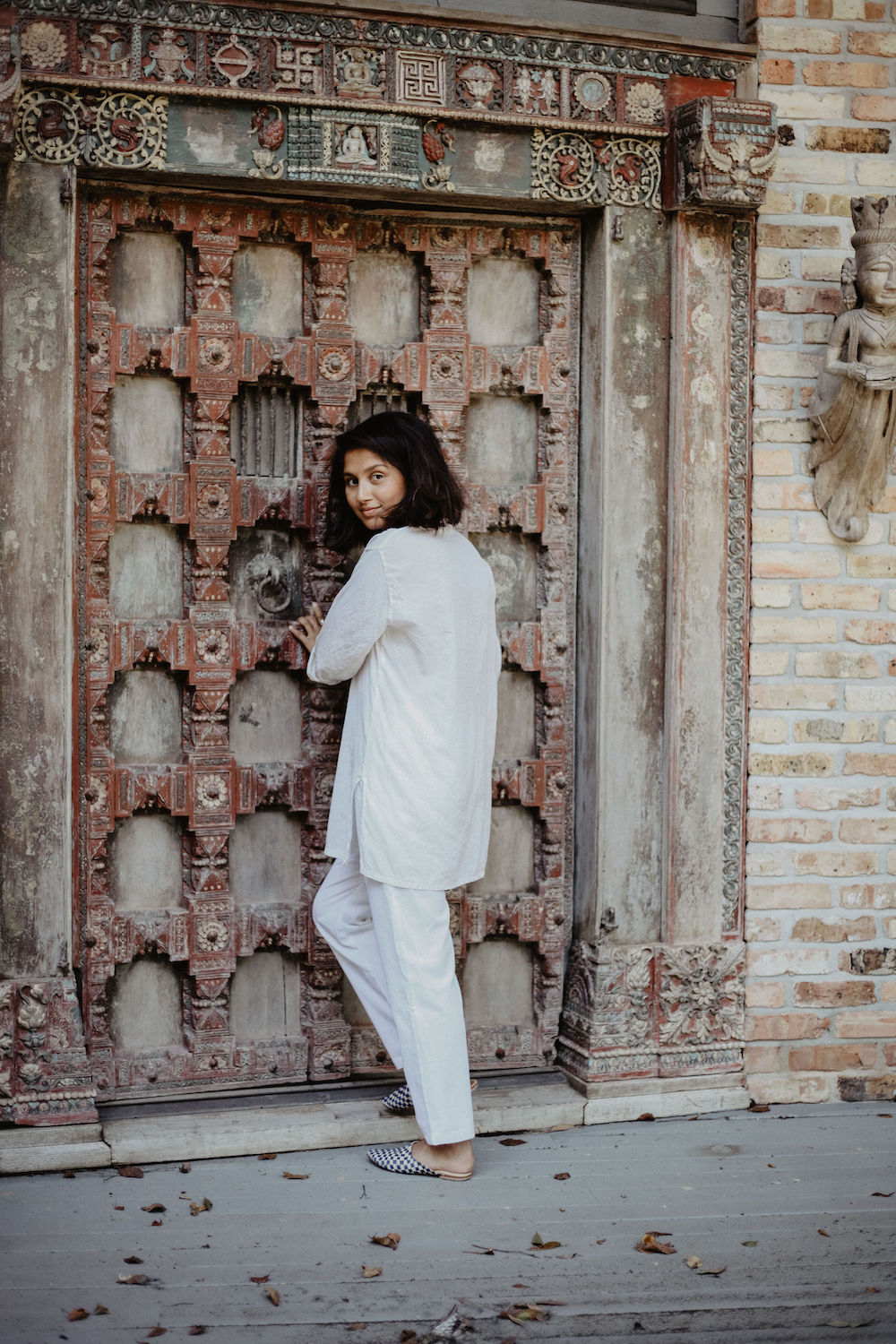
Your brand is so personal to you. How is Lekha a product of your Indian-meets-New Orleanian upbringing?
It has become more and more inspired by the physical environment in both places. New Orleans is on the water, it’s a beautiful city, there is so much lush flora and greenery around, and similarly that’s what I see in India. They’re both unusually hot, humid, sticky for many months of the year. I love the fluidity of cotton-satins and the airiness of muslin, and try to approach every collection with environment in mind: natural shapes, natural textures, soft and earthy color palettes.
What do you cherish most about your Indian heritage?
I love being from a place where there is a seemingly endless amount of history.
And about being Southern?
Community: there is something strong that binds us together in New Orleans.
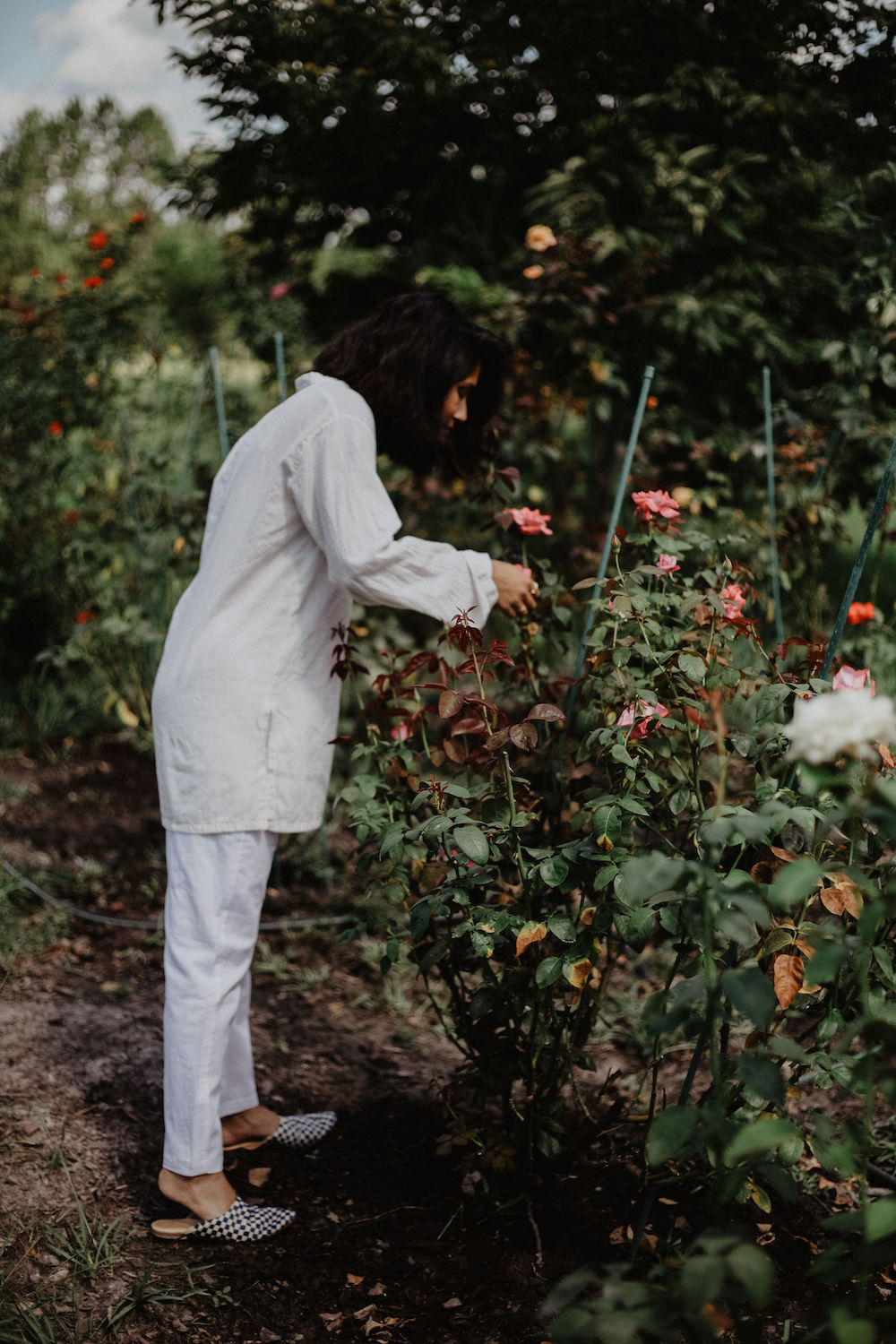
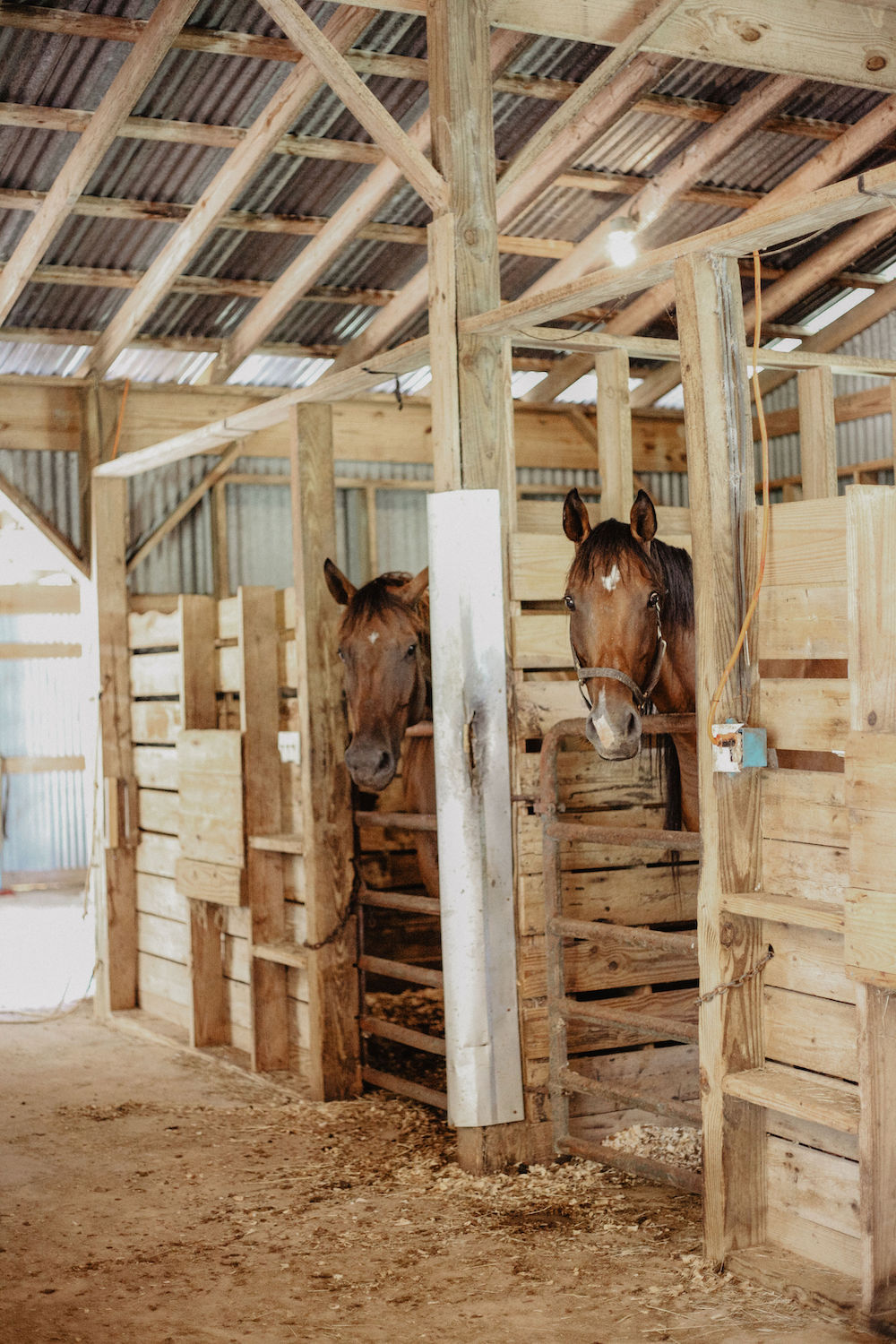
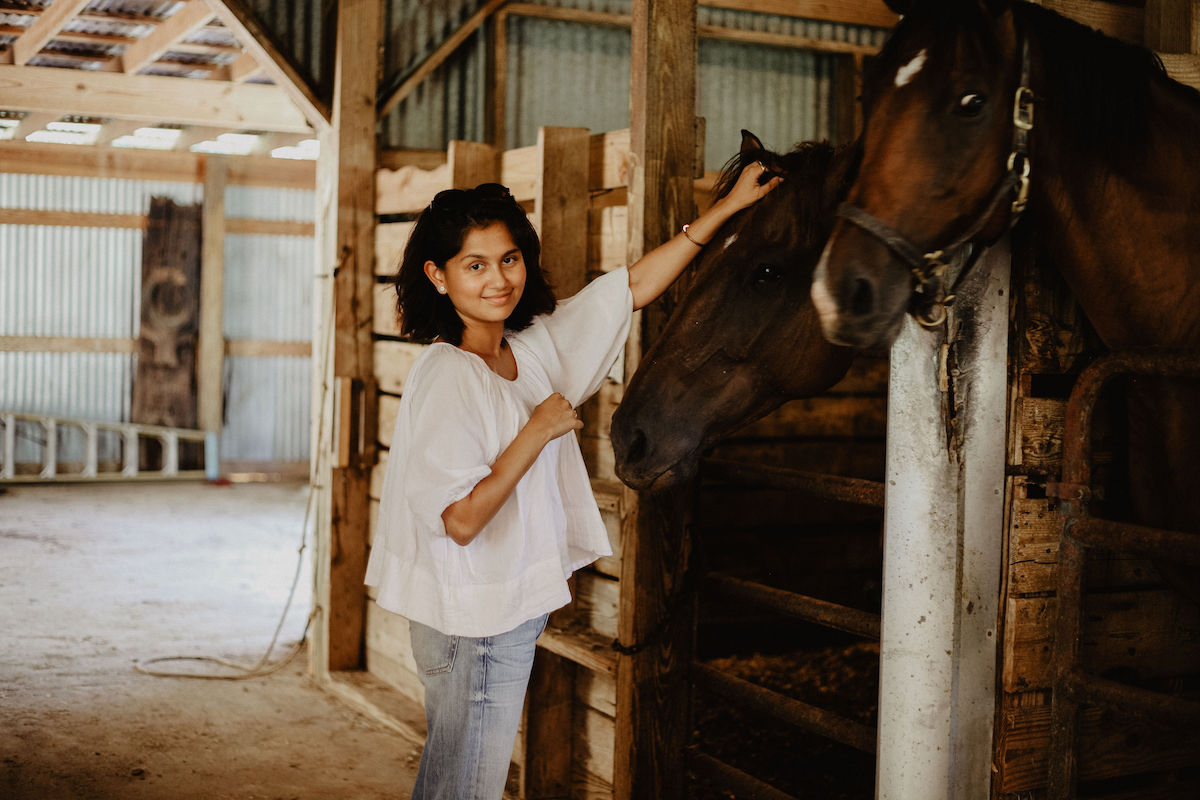
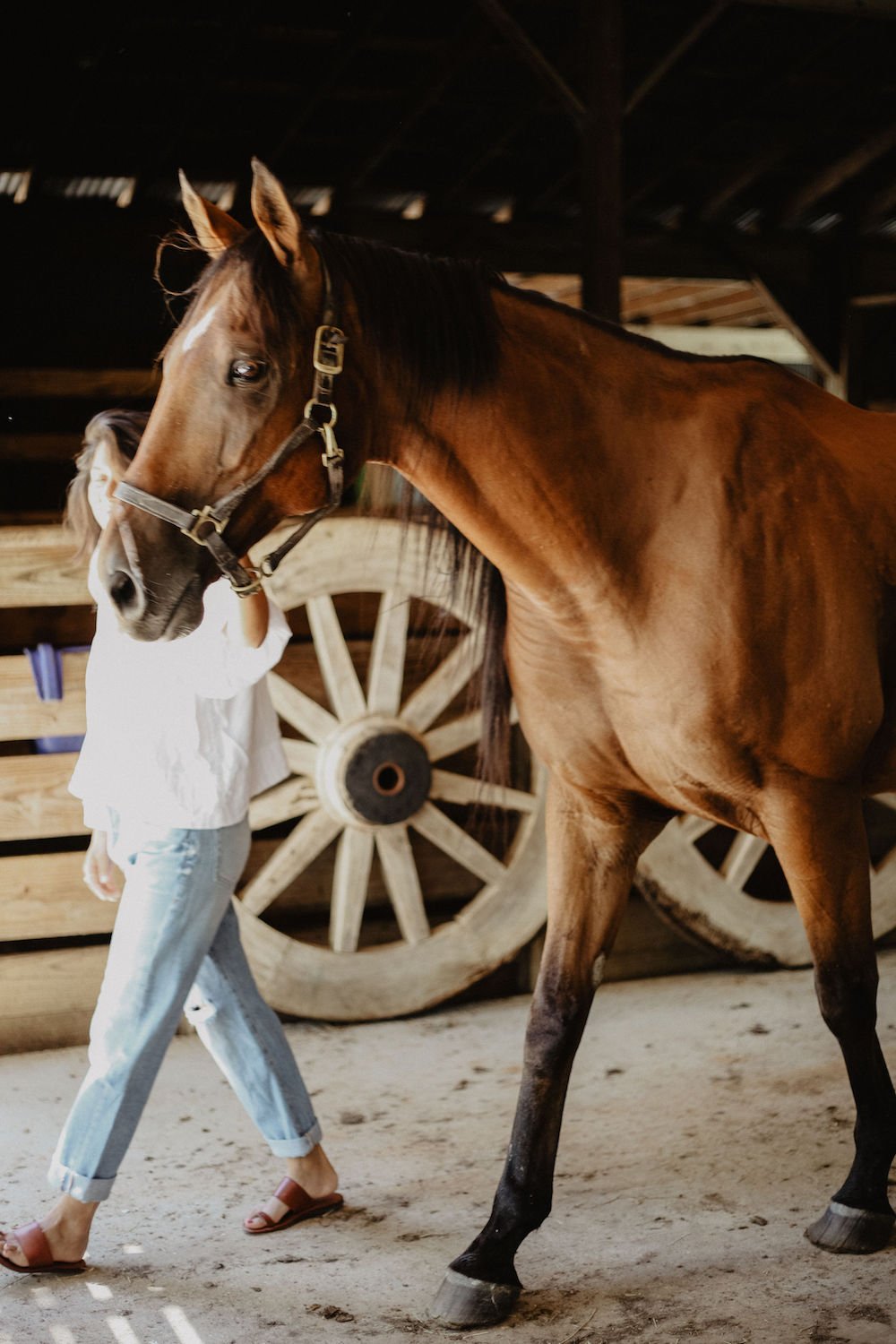
Above, Trish pairs a pair of Frame jeans with Lekha’s Tamboo blouse from Spring 2018, and a pair of sandals she made in India.
Below, the Lekha Kali Wrap Skirt from spring 2019 is cleverly wrapped as a strapless dress.
